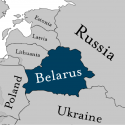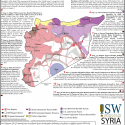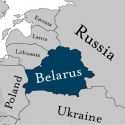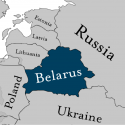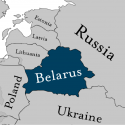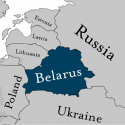New Iraqi Prime Minister Pushes Ambitious Agenda amid Grave Threats and Possibility of US Troop Withdrawal
Aug 21, 2020 - ISW PressIraq’s new prime minister is taking assertive but risky actions against corrupt political and militia interests in the Iraqi state. His bold policies create new opportunities for the United States to help Iraq make essential reforms amidst increasingly dire political and economic conditions. However, the United States must accept the limitations that the Iraqi system will impose upon Prime Minister Mustafa al-Kadhimi’s freedom of action. Kadhimi’s early efforts to reform Iraq’s security, economy, and government have achieved mixed but worthwhile results. Without improved security and stalwart international support, Kadhimi’s government is likely to be whittled away by harassment and targeted violence. With US and international support, Kadhimi may be able to generate enough momentum to stabilize Iraq and improve the US-Iraqi relationship beyond his time in office.


